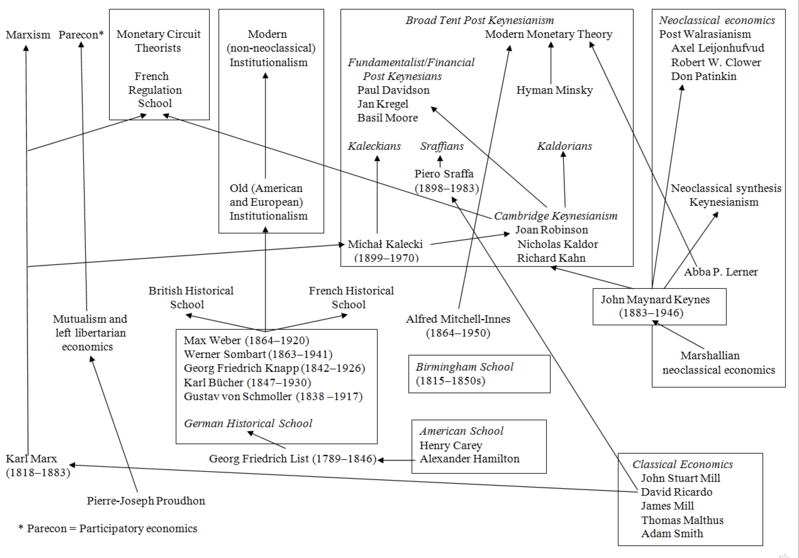Introduction to Defining Economics: A Pluralistic Approach

Chapter Objectives
In this chapter, you will learn about:
- Multiple Definitions of Economics
- Diversity of Paradigms in Economics
- A Critical Examination of the Orthodox (Neoclassical) Definition of Economics
- The Presentation of an Alternative Definition
The presentation of an alternative definition may appear generic, even unimportant. A definition often washes over a reader, leaving the reader influenced, but without any obvious new insight as to the intended meaning or implications of a word. Worse, without proper guidance, a reader may interpret a definition differently than what is intended by the author, or in the case of economics, different from how the discipline is actually employing the definition. Definitions are, however, important, potentially very important. A definition has the potential to provide clarity. At their best, definitions act like a compass, providing a lost reader with several potential directions from which to proceed.
The importance of clarity and directionality becomes heightened when a discipline has more than one potential definition. The discipline of economics, similar to the other social sciences, does not ascribe to only one definition. The definition of economics that is utilized by an economist will often depend on the paradigmatic perspective of the economist.
Paradigm – A school of thought. It represents the boundary of a discipline, framing the types of questions and phenomena that will be analyzed, and the approach or method of study a theorist will employ.
The discipline of economics has more than one paradigm. Not surprisingly, the discipline of economics also has more than one definition. In this chapter, you will learn about these different paradigms and the different definitions of economics associated with them.
a school of thought, representing the boundary of a discipline, framing the types of questions and phenomena that will be analyzed, and the approach or method of study a theorist will employ
